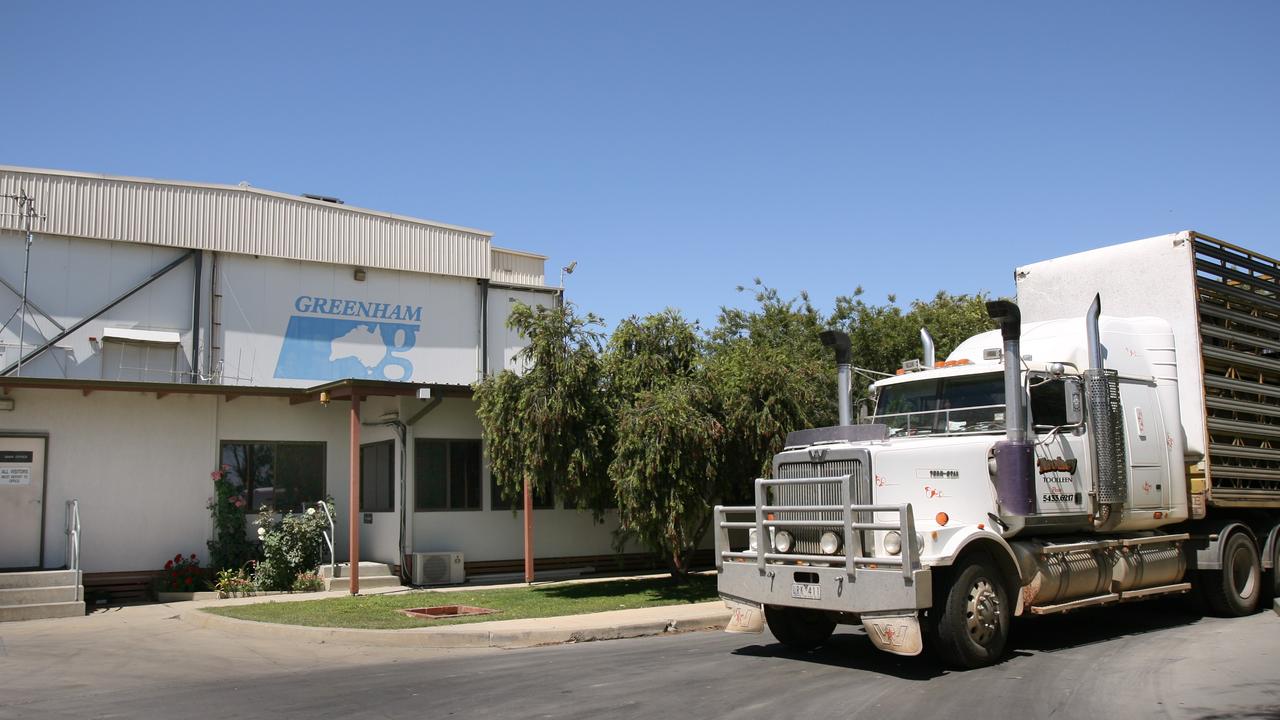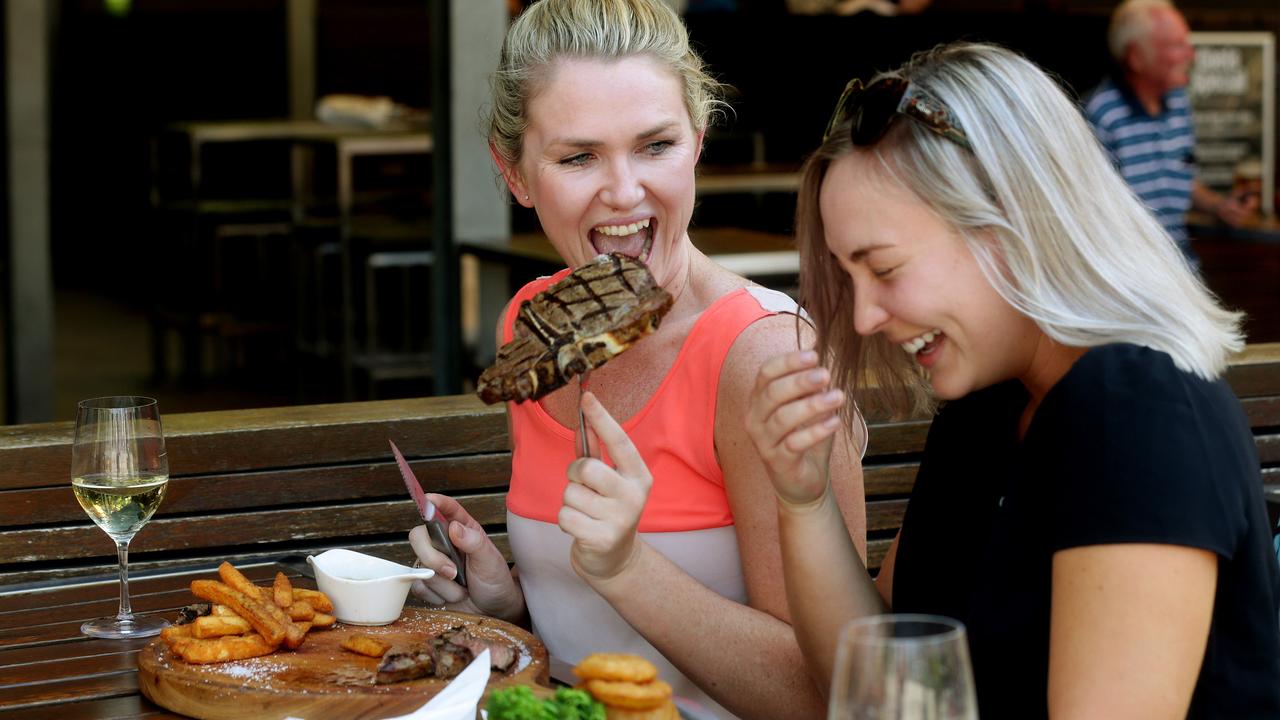Claims abattoir workers drive up violent crime in local communities
VICTORIA’S Animal Justice Party has joined activists in demanding abattoir closures, declaring they lead to “increased rates of violent crime, including homicide, sexual assault, and child abuse” within their local communities.
VICTORIA’S Animal Justice Party has joined activists in demanding abattoir closures, declaring they lead to “increased rates of violent crime, including homicide, sexual assault, and child abuse” within their local communities.
In the lead-up to its “March to Close all Slaughterhouses” in Melbourne and other capital cities next month, the AJ Party and Aussie Farms group are claiming abattoir workers become desensitised to violence and turn to a life of crime.
“They (abattoirs) engender a culture of aggression and brutality where violence is normalised,” Aussie Farms executive director Chris Delforce said.
“It’s no surprise that the communities surrounding them suffer with increased levels of crime, particularly violent crime.”
In an opinion piece from the AJ Party in today’s Weekly Times, Melbourne vegan neuropsychologist Ash Nayate states US research has shown: “Slaughterhouse workers are generally at higher risk of psychological distress, including depression, anxiety, substance abuse, trauma (e.g. nightmares about violence), paranoia, and dissociation”.
“The work of (US) criminologist Professor Amy Fitzgerald has consistently found a connection between slaughterhouses and increased rates of violent crime, including homicide, sexual assault, and child abuse,” said Dr Nayate, who works at the Royal Children’s Hospital.
The US research paper — Slaughterhouses and Increased Crime Rates — shows a clear and statistically significant correlation between the presence of abattoir workers and increased crime rates in the US from 1994 to 2002.
But University of Melbourne veterinary epidemiologist Andrew Vizard said the researchers’ conclusion was not justified because they had failed to demonstrate a causal relationship between abattoir work and violent crime.
“Important causal risk factors for violent crime are very well known,” Prof Vizard said. They “include low educational attainment, poverty, drug abuse and a history of family violence and crime,” he said.
“The simple explanation is that US abattoirs employ a higher percentage of people with that background.”
In Victoria, Melbourne City Council has the state’s highest crime rate with 15,765 cases per 100,000 people, followed by Hume, Brimbank, Dandenong, Yarra and Darebin councils.
The Australian Meat Industry Council has dismissed the activists’ claims, with its chief executive Patrick Hutchinson stating he was “not aware of any credible, local research that supports these claims”.
Victorian Agriculture Minister Jaclyn Symes said: “I will back and support workers across our meat supply chain — from paddock to plate”.
Dr Tamasin Ramsay, adviser to Animal Justice Party MP Andy Meddick, will speak on the link between violence and abattoirs at the April 6 march. AJP eastern regional leader Leah Folloni said the rally should attract about 1000 people who “all wear red as a symbol for all the blood lost from innocent victims”.
READ MORE
EXCLUSIVE: ACTIVIST FINED $1 FOR BREAKING LAW
NEW VIC BIOSECURITY LAWS UNLIKELY
EXCLUSIVE: ACTIVISTS SEEK DONATIONS TO STEAL
FARMER GOES UNDERCOVER AS ACTIVIST


